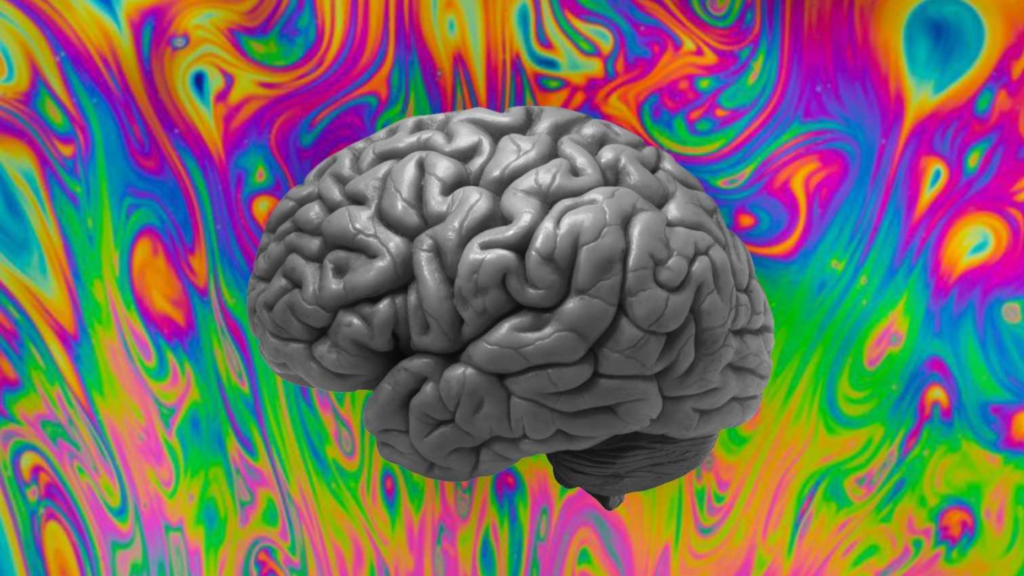Psychedelics have been capturing attention in recent years as an alternative and efficacious treatment for mental illnesses. But I was surprised to learn recently how psychedelic therapy can help treat traumatic brain injury, also known as TBI. Research suggests that certain psychedelics can promote functional and structural neuroplasticity. In response to new experiences or stimuli, this means that psychedelics may facilitate healing by promoting new connections between the neurons that are involved in learning and memory functions.
TBI often causes an increase in inflammatory markers, which could lead to further damage and impair the healing process. Psychedelic molecules have been shown to reduce these markers, allowing for faster healing and recovery from the initial brain injury. Studies have found that psychedelics also are linked to decreasing symptoms of depression or anxiety, which inevitably accompany TBI. The way psychedelics interact with serotonin receptors in the brain could result in increased feelings of calmness and happiness.
It’s important to note that psychedelic therapy can be more effective than traditional therapies like steroids, the most common one after a brain injury, which also suppress the immune system along with reducing inflammation. This is obviously doesn’t bode well for long-term health outcomes following an injury. Psychedelics, on the other hand, provide anti-inflammatory effects without suppressing immune-system responses, which can make them an ideal treatment option for TBIs. While more research needs to be done in this emerging area, there is promising evidence suggesting that these substances can be beneficial when it comes to treating brain injuries.
Related Articles:
Insurance coverage for psychedelic treatments a bold move forward
VC embrace of psychedelics comes with caveats
